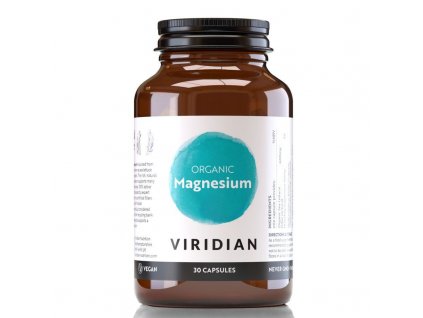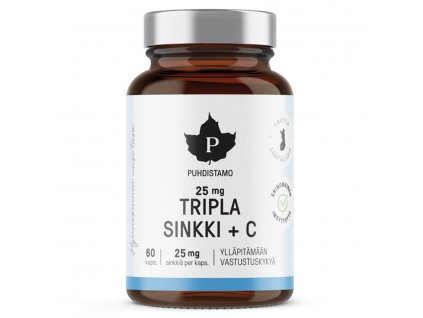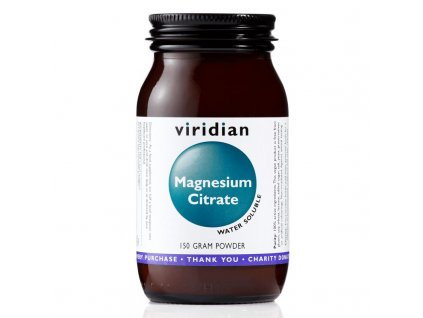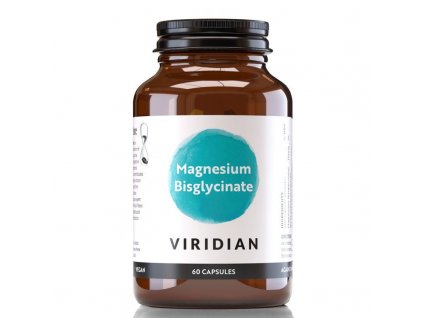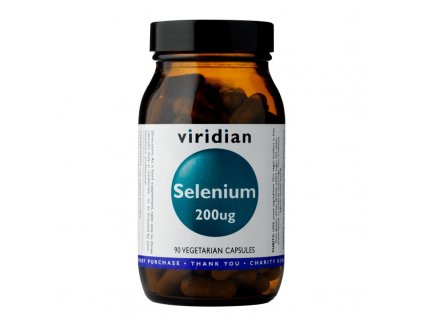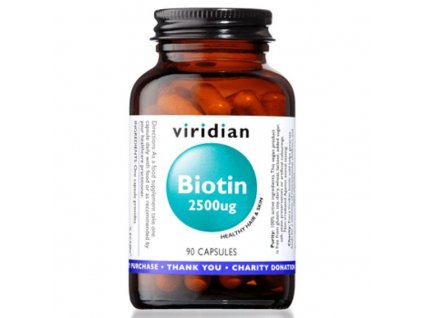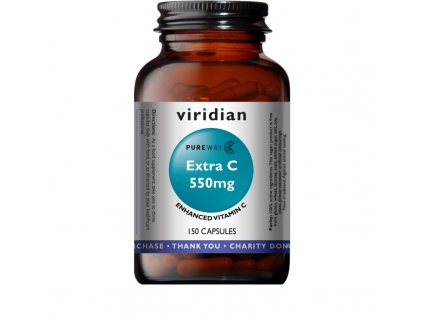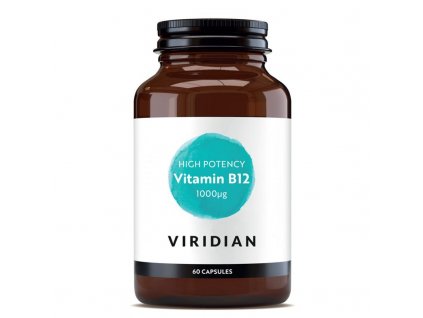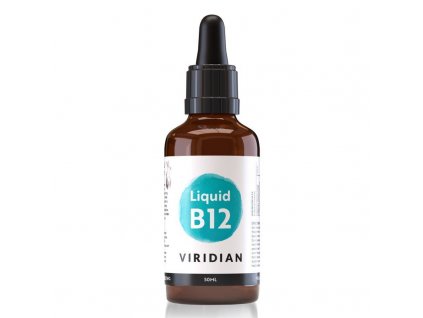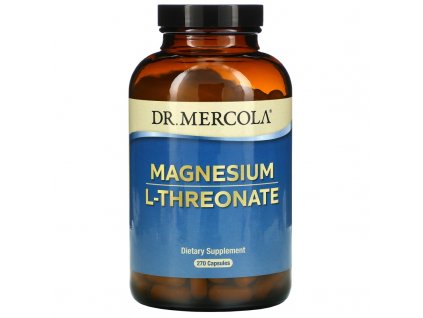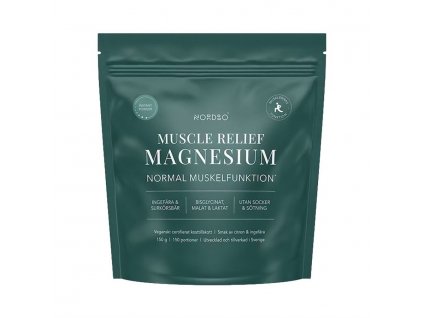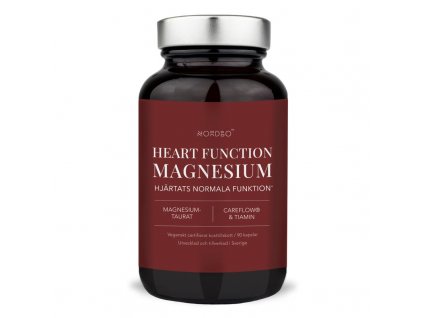Magnesium L-Threonate, 90 capsules
Related products
Product detailed description
Dr. Mercola Magnesium L‑Threonate (Magtein®), 90 Capsules
This dietary supplement features Magtein®, the patented form of Magnesium L‑threonate, uniquely clinically proven to cross the blood‑brain barrier and raise brain magnesium levels by approximately 15 %. This translates into enhanced synaptic plasticity, improved short‑ and long‑term memory, focus, and cognitive clarity, while helping reduce fatigue, stress, and irritability.
Each daily dose (3 capsules) delivers 2000 mg Magtein, including 144 mg elemental magnesium, in a clean formula free from fillers, GMOs, artificial colors, or preservatives.
Benefits include:
-
Cognitive support for memory, learning, and mental agility
-
Improved sleep quality and emotional calmness
-
Ideal for adults seeking brain optimization and longevity support
Suggested use: Take 3 capsules daily, preferably two hours before bedtime or on an empty stomach.
Notice: Do not exceed recommended dosage. Not intended as a substitute for a balanced diet. Not suitable for children, pregnant or nursing women.
Additional parameters
| Category: | Magnesium |
|---|---|
| EAN: | 813006017787 |
List of ratings
Be the first who will post an article to this item!
Dr. Mercola je jedna z předních zdravotnických společností ve světě, která vyrábí přírodní produkty. Značka nese název po svém zakladateli - Josephovi Mercolovi, který je americkým zastáncem alternativní medicíny.


